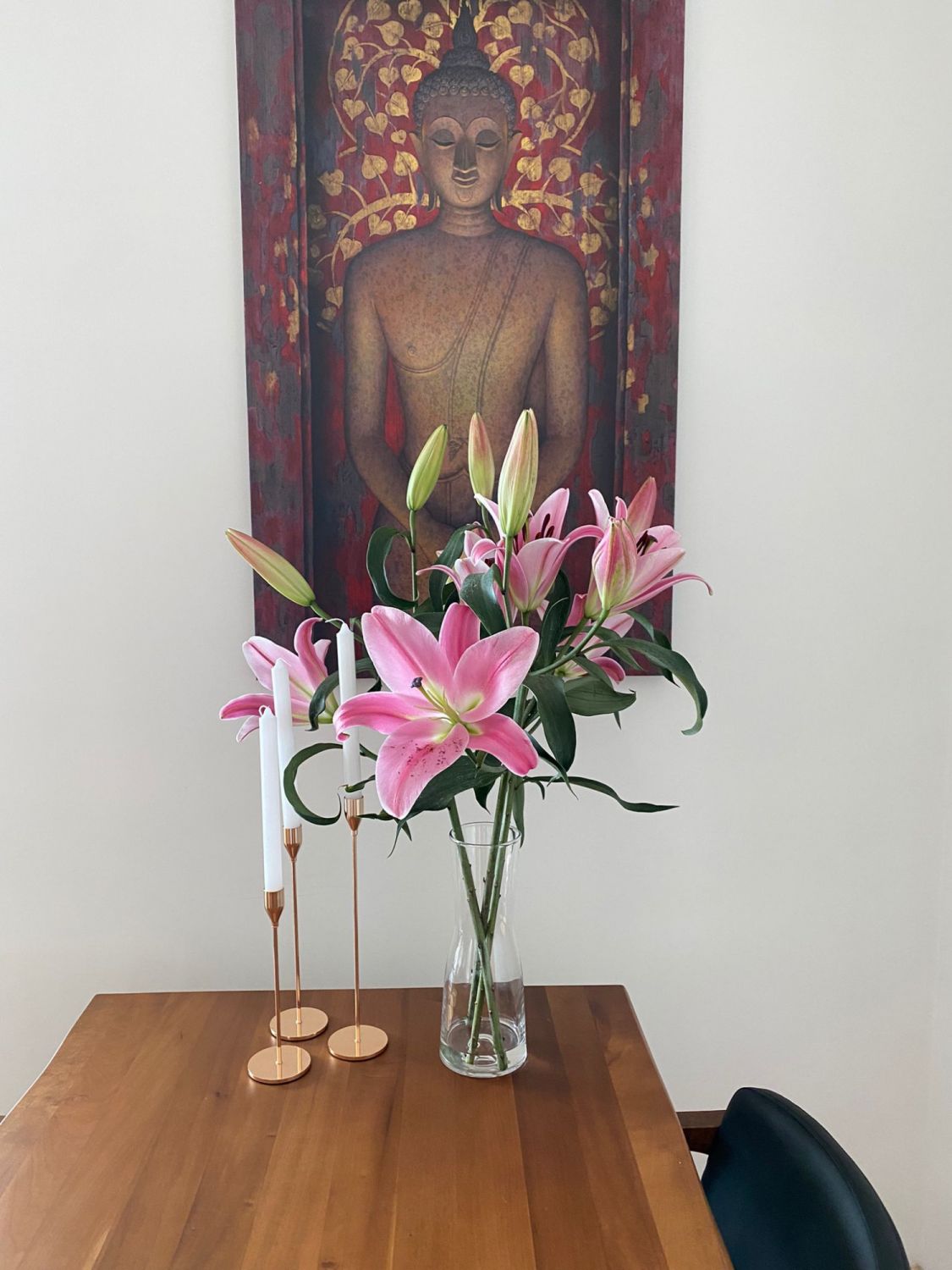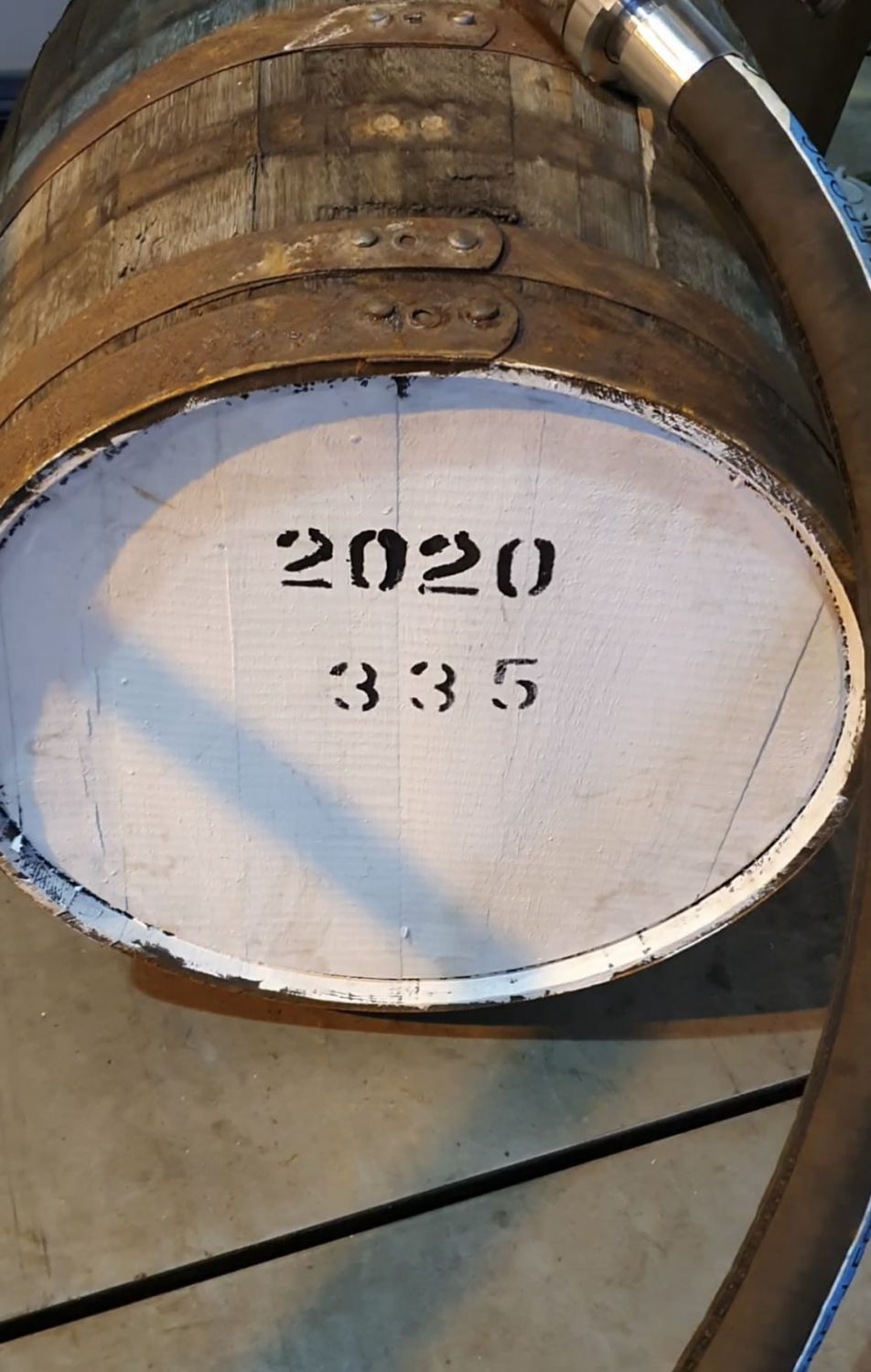From finance to private jets to single-malt whiskies, Li Hua Tan has blazed her own path in male-dominated fields. Here she reflects on the milestones and philosophy behind her success
Li Hua Tan grew up in Penang, Malaysia, as the oldest of six siblings: four sisters and one brother, the youngest and a long time coming for her father. While he waited, she says he groomed her like a son. He took Tan out on weekends to explore local forests and teach her about his plywood manufacturing factory and managing money.
“I would hear my dad saying this or that about running a business and I ended up taking quite a bit of clues from him,” says Tan. “He always taught me—and this became my philosophy—not to have attachment to money. I’ve had to learn the value of money, for sure, but I try to see money not as something to hold on to but as a currency to achieve my goals in life.”
While she may have adopted her father’s philosophy, Tan has done things her way, defying expectations and excelling in one male-dominated field after another. She has tried and failed and learned what to look for in a business partner and how to make money while also making a social impact.
Tan’s first major goal was to attend the University of Southern California because of its undergraduate business programme and beach location, and she made it happen, unlike nearly all her classmates who opted for Australia. After graduation she joined Citigroup as a financial analyst, where she picked up skills in Excel and client relationship management. She soon felt the pull to join the family business, Asia Green Development, back in Penang, even though there was no fancy title waiting.
“I had to work my way up and go on rotation to different departments,” recalls Tan, who started in data entry in 2007 and earned a monthly salary of HK$20,000. After four years of increasing responsibility, she saw the business going in one direction and clashed with her father, who wanted to take it in another. “I got to a point where I felt like I could steer the ship but, of course, I wasn't the captain and that was really hard,” she says. “But it also gave me a lot of confidence and courage that I was ready to start my own thing.”
The conflict came to a head and Tan decided to make a break; she left for Hong Kong in 2011 to rediscover herself, and her father cut her off financially. Below, in her own words, Tan outlines her money milestones and perspective as a female business leader.
See also: Speaking Up and Embracing Challenges: 3 Female CEOs Who Walk the Talk
Hong Kong rental flat (2011) = paid HK$17,000 monthly
I found a 467-square-foot flat in Mid-Levels and used savings to get past the first three months in Hong Kong. By that time, I had reconnected with a university friend who started a company managing and selling private jets in China; they needed someone who spoke Mandarin and English. Becoming business development manager for Sino Jet gave me the relief of a base salary and commissions. But more importantly, I saw it as a valuable way to observe how other people run a business, get to know the China market and build a network of wealthy individuals.
Sometimes I would show up at first-time meetings and people would automatically underplay my role because of my gender. In those cases, I prefer to correct them with my actions rather than my words. But I’m very thankful as some of the people I met through this job have become my investors and friends for life.
I was working and travelling so much that I stayed in that tiny apartment for 10 years; it never really bothered me until Covid-19 hit, and then last year I decided it’s time to upgrade a little.
See also: A Property Developer Reveals Her Strategies for Investing and Always Adding Value
First entrepreneurial business (2011-2013) = netted HK$50,000 and put it into a second business idea
Even when I was working for Sino Jet, I never gave up the dream of being an entrepreneur. From 2011 to 2012, I had the brand Menelan selling bird nest from Malaysia to wealthy tai tais in China. My role was to get suppliers in Malaysia, and my partner’s role was to navigate the China side. We sold a decent batch, but then had to shut it down as importing into China was getting too complicated. I also realised that my partner’s heart wasn’t fully in it. The big lesson was that people are the majority of your business success and you need the right team.
We each walked away with HK$50,000, and I used that money to explore a second business idea, a platform that would connect buyers and sellers of luxury lifestyle goods so that they wouldn't have to pay crazy broker fees. Unfortunately, my partner who brought the tech knowledge had to back out for personal reasons and so it didn’t get off the ground.
See also: Money Milestones From Female Serial Tech Entrepreneur Charlene Ree







